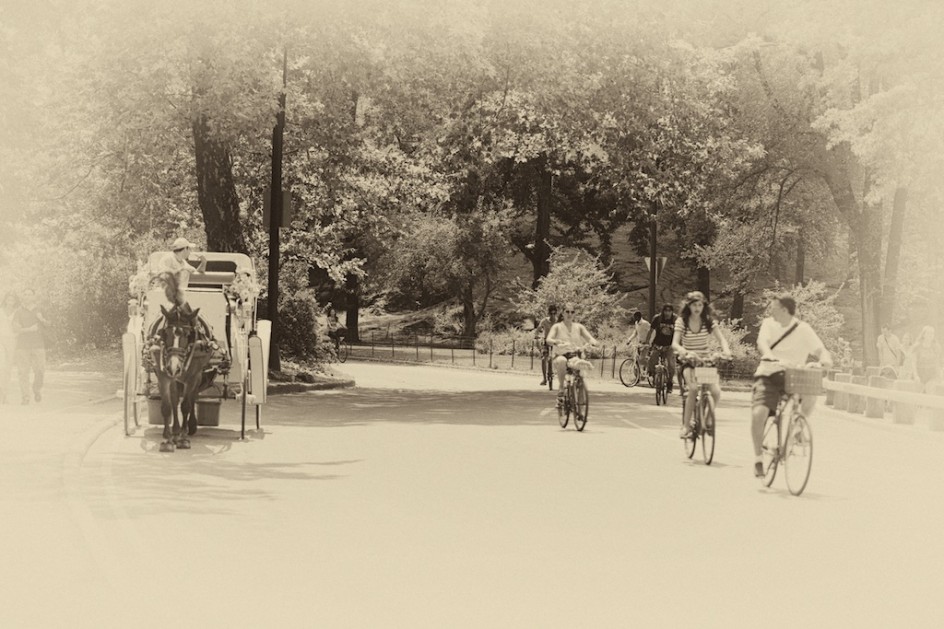
Many people, including some from India, have sent me a story from the BBC reporting that officials in Bangalore, India have decided to honor the donkeys for their work there, they are, say officials, harder-working, more loyal, disciplined, obedient and reliable than many human beings.
The equines who work in Bangalore will be showered with rose petals and blessed by local residents, a new tradition. Donkeys there carry people, haul goods and carriages, plow fields, carry produce to markets. Some give rides to children, others work in fairs and circuses.
I could not, of course, help think that these donkeys are lucky that they do not live and work in New York City. There, angry ideologues and wealthy real estate developers would gather to ban them, accuse their owners of cruelty and abuse and greed, demand that they be returned to their natural environments in the mountains and desserts, punish them and their owners for working hard.
The people who earn their living with them would lose their work and way of life. The donkeyswould be taken from their work and out into the wild, where they could freely starve to death, lead listless lives without purpose, have no medical treatment and vanish from the world, as so many other species have. In America, they call this animal rights.
In India, a different and inspiring story. The donkeys will be honored every month, say local officials, “for their contributions to us.” There, animal rights mean something quite different: reality, gratitude, recognition, an acknowledgement of the rights of people as well as animals.
In New York City, the carriage horses have contributed to us for many years. They provide work and sustenance for more than 300 people plus their families, many thousands over the past century-and-a-half. They give the city millions of dollars in revenue, provide romance and excitement and pleasure for hundreds of thousands of visitors and tourists – many millions over the years – and children and newlyweds and local residents each year.
They grace their beautiful park, and connect people to it’s history and brilliant design. They are iconic, they connect us to our past and to a future that ought to include them. They have provided and still provide immigrants and their children and individuals and free spirits a pathway to the American Dream, a way of life. It is ironic, although they well cared for, they are abused continuously by politicians and people who know nothing about them, but claim to love them.
Our moral obligation is to find more work for them to do with us, and to care for them well. The carriage drivers have accomplished this difficult task, they deserve our recognition and gratitude as well.
Almost daily, they are reviled as piteous and depressed and dependent, demonstrators poke placards in their faces, accuse their owners and handlers and drivers of torture and abuse, and demand that they be forever exiled from the city where they have worked and lived for 300 years. The mayor of New Call calls their work “immoral” and refuses even to speak to the people who own and drive them.
People can draw their own conclusions from this very ironic story, mine is this. There is wisdom in impoverished Bangladore, ignorance here. we are losing our way in America when it comes to understanding animals and their true rights and making sure they have the right to remain in their work and homes and lives. We have forgotten how much we owe them, how much we should appreciate what they do. The donkeys of India remind us that the working animals deserve our love and gratitude and protection.
From carriage horses to border collies to therapy dogs, bomb-sniffing police dogs, search-and-rescue dogs, donkeys and ponies giving rides to children, mounted police horses, seeing-eye dogs, horses on farms, elephants in circuses, we ought to regain our moral footing when it comes to animal rights and shower these animals and the carriage horses with rose petals and give thanks for the good and hard work they do for us every day, and have for thousands of years.
Working animals save lives, support people in every way, comfort the sick, have built our cities and worked our farms.
In India, I think, they do not yet have the luxury or distance to turn elitist and be such foolish ingrates when it comes to animals. They live with them and understand their true needs and natures.
Here, the carriage horses have been betrayed by the very people who claim to be protecting them. Like the donkeys of Bangladore, hey deserve our loyalty and gratitude. I love the rose petals idea. I will bring some rose petals with me when I go to see them in New York, perhaps we can create our own new tradition of caring and understanding.
